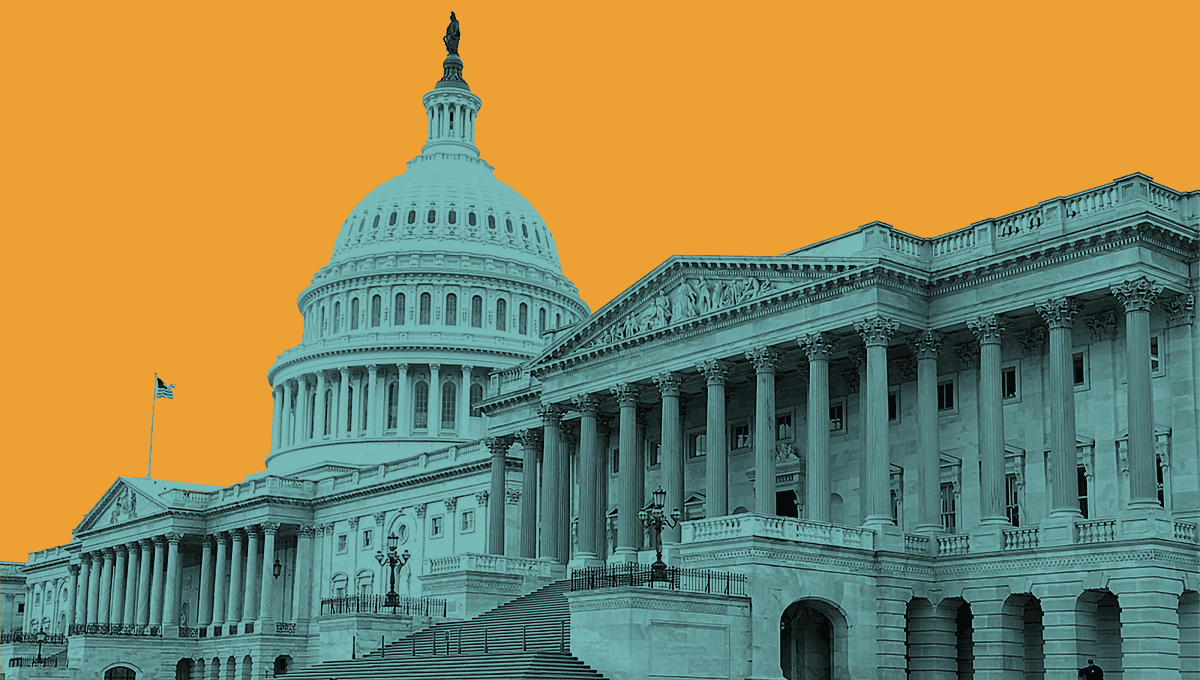Business interruption insurance
An interactive explainer outlining the case for a federal solution to pandemic relief.
Business interruption insurance
An interactive explainer outlining the case for a federal solution to pandemic relief.
Use your mouse or left/right arrow keys to navigate through the explainer.
Business interruption insurancereplaces income lost when a business is unable to operate due to direct physical property damage
Business interruptioninsurancereplaces income lost when a business is unable to operate due to direct physical property damage
Business interruption insurancereplaces income lost when a business is unable to operate due to direct physical property damage – caused by a fire, for example.
Business interruptioninsurancereplaces income lost when a business is unable to operate due to direct physical property damage – caused by a fire, for example.
This insurance enables abusiness to protect itslivelihood until its property isrestored to its original state.
This insurance enables abusiness to protect itslivelihood until its property isrestored to its original state.
While the last few months have been challenging, insurers are doing what they can to help customers
But the industry is under threat from trial attorneys demanding insurers cover uninsured pandemic-related losses.
But the industry is under threat from trial attorneys demanding insurers cover uninsured pandemic-related losses.
Beyond physical damage, in many cases, these losses are explicitly excluded in contracts
But the industry is under threat from trial attorneys demanding insurers cover uninsured pandemic-related losses.
Beyond physical damage, in many cases, these losses are explicitly excluded in contracts
Forcing insurers to cover pandemic risks isa bad idea for many reasons.
Insurance works by POOLING RISK.
Take auto insurance for example.
The premiums taken in by the majority of drivers that get around without a problem…
...are used to pay for the few who get into crashes.
Over time, these premium payments have accumulated in what is known as the industry Surplus.
This surplus is what enables insurers to cover widespread disasters
This surplus is what enables insurers to cover widespread disasters such as TORNADOES
This surplus is what enables insurers to cover widespread disasters such as HURRICANES
This surplus is what enables insurers to cover widespread disasters such as WILDFIRES
This surplus is what enables insurers to cover widespread disasters such as VANDALISM
But that only works because such events are limited in terms of geography and time.
If insurers were forced to cover pandemics on their own, it would be like all of these events happening at once.
Such risks are simply not priced into current insurance policies.
And if they were priced in, these policies would become extraordinarily expensive.
Forcing insurers to pay out for uncovered pandemic risks would deplete the policyholder surplus in a matter of months…
...jeopardizing insurers' ability to meet covered risks.
such as AUTO ACCIDENTS
such as HOME DAMAGE
such as NATURAL DISASTERS
Across communities, insurers have stepped up in response to the COVID-19 pandemic:
Across communities, insurers have stepped up in response to the COVID-19 pandemic:
Across communities, insurers have stepped up in response to the COVID-19 pandemic:
Across communities, insurers have stepped up in response to the COVID-19 pandemic:
Providing rebates on auto insurance - totalling over $14 billion
Providing rebates on auto insurance - totalling over $14 billion
Across communities, insurers have stepped up in response to the COVID-19 pandemic:
Across communities, insurers have stepped up in response to the COVID-19 pandemic:
Providing rebates on auto insurance - totalling over $14 billion
Implementing innovative solutions to carry out operations while safely distancing
Implementing innovative solutions to carry out operations while safely distancing
Across communities, insurers have stepped up in response to the COVID-19 pandemic:
Across communities, insurers have stepped up in response to the COVID-19 pandemic:
Providing rebates on auto insurance - totalling over $14 billion
Implementing innovative solutions to carry out operations while safely distancing
Pledging over $280 million to organizations fighting the pandemic
Pledging over $280 million to organizations fighting the pandemic

Only the federal government has the financial capacity to cover losses caused by pandemics.

That's why insurers have put forth a variety of policy proposals.